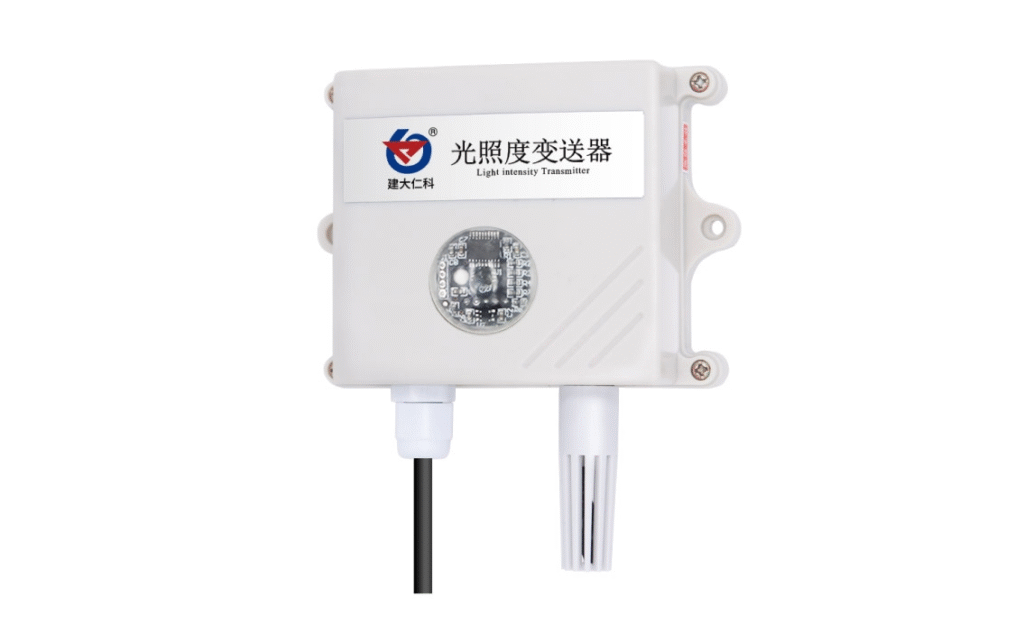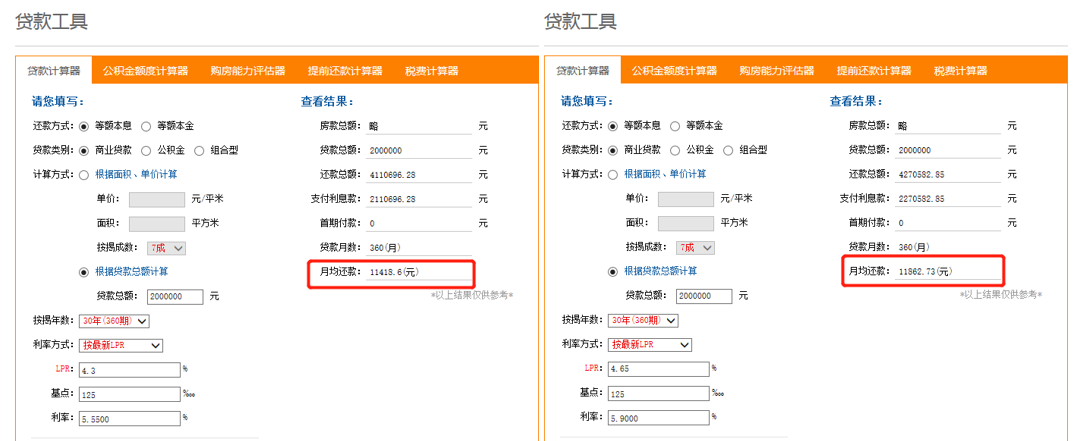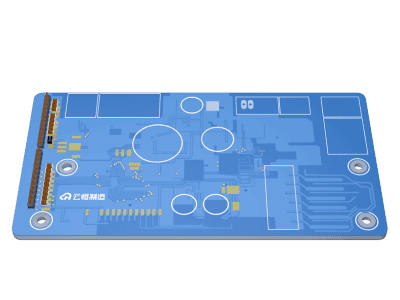Title:TheElectronicsIndustry:AMultifacetedLandscapeofInnovationandProgress(电子行业用英语怎么说)
Product Diversity
The electronics industry offers an extensive array of products tailored to various markets and customer needs. Consumer electronics, such as smartphones, laptops, tablets, and smart home devices, have become integral parts of our daily lives. These products are designed to enhance convenience, entertainment, and connectivity, improving the quality of life for individuals across the globe. On the other hand, industrial electronics comprises components like sensors, microcontrollers, and power management systems, critical for manufacturing processes and infrastructure development. Additionally, medical electronics, including diagnostic imaging equipment and wearable health monitors, significantly contribute to healthcare advancements.
Technological Advancements
At the heart of the electronics industry's growth is the relentless pursuit of technological innovation. Cutting-edge technologies like artificial intelligence (AI), the Internet of Things (IoT), and quantum computing are reshaping the industry landscape. AI-driven devices offer increased efficiency and personalized experiences, while IoT-enabled products facilitate seamless connectivity between devices and systems. Although still in its early stages, quantum computing holds tremendous potential to revolutionize data processing capabilities. These advancements not only improve existing products but also pave the way for entirely new categories of electronic devices and services.
Global Market Dynamics
The electronics industry operates on a global scale with complex supply chains spanning across continents. Major players specialize in specific segments or components, fostering collaboration and competition. This interdependence creates a network where innovations in one area can quickly permeate throughout the entire industry, driving overall progress and growth.
Sustainability Initiatives
In response to environmental concerns, the electronics industry has started to embrace sustainability practices. This includes efforts to reduce e-waste, increase energy efficiency, and use eco-friendly materials. Companies are implementing recycling programs for end-of-life devices and designing products for easier disassembly and recycling. Furthermore, there is a push towards exploring biodegradable materials and renewable energy sources to power facilities and products.
Consumer Trends
Consumer preferences play a significant role in shaping the direction of the electronics industry. There is an increasing demand for portable, lightweight devices with long battery life and high performance. Consumers are becoming more tech-savvy and seek out products that offer advanced features without sacrificing usability. Additionally, there's a rising trend towards personalized electronics that cater to individual needs and styles.
Regulatory Landscape
The electronics industry is subject to various regulations aimed at ensuring product safety, protecting intellectual property rights, and addressing cybersecurity concerns. Standards such as RoHS (Restriction of Hazardous Substances) regulate the use of toxic materials, while data protection laws like GDPR influence how companies handle user information.
Emerging Markets
Emerging markets present vast opportunities for growth within the electronics industry. Countries like China, India, and Brazil have shown robust demand for both consumer and industrial electronics. As these economies continue to develop and middle-class populations expand, the appetite for electronic goods is expected to grow accordingly. Companies that can adapt to local preferences and regulations are well-positioned to capture substantial market shares and expand their reach.
In conclusion, the electronics industry is at the forefront of technological progress and economic vitality. Its diverse product range, rapid technological advancements, global market dynamics, sustainability initiatives, consumer trends, regulatory landscape, and emerging markets collectively paint a promising picture for the future of electronics. With innovation at its core, the industry looks set to continue bringing transformative changes to society and daily life.

















